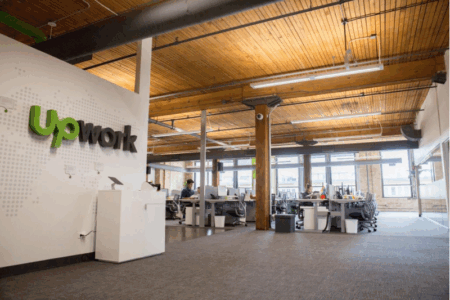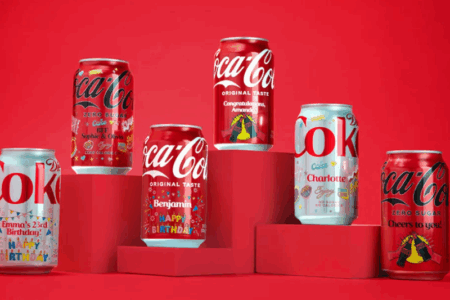Brokerages perform a useful service for investors by analysing promising companies for investment.
Their usual modus operandi is to review a company’s industry, its prospects, and then slap a target price or “fair value” on the stock.
The norm is to either upgrade or downgrade a stock based on what they expect over the next 12 months..
As you can imagine, a one-year price target for any company will hardly provide the business sufficient time to grow and for business strategies to take root.
In the era of the COVID-19 pandemic, the task of assigning target prices gets even more strenuous.
Target price revisions
Let’s take the example of an ordinary business turned stock market darling.
The pandemic has led to a sharp increase in demand for preventative gear in the form of personal protective equipment and nitrile rubber gloves.
One particular company, Riverstone Holdings Limited (SGX: AP4), has been a manufacturer of both healthcare nitrile gloves and cleanroom rubber gloves for over a decade.
In a business update released early May, the group reported a jump in net profit of 54.3% year on year, while gross margin also strengthened with lower raw material costs.
But even before this announcement, a few brokerages were already covering Riverstone.
UOB Kay Hian (UOBKH) initiated coverage on the company with a fair value of S$1.46 in early May, while DBS pegged a much higher target price of S$2.20 on the stock.
With the strong performance, Riverstone’s shares went on a tear.
By the end of June, the group’s shares had hit a high of S$2.61.
Interestingly as the stock rose, both DBS and UOBKH moved to revise their target prices to S$3.09 and S$3.15, respectively, in June.
A fast-moving target
As Riverstone’s share price marched upwards, each brokerage was frantically revising its fair value upwards as well.
In July, DBS and UOBKH again upped their fair values, this time to S$3.90 and S$3.60, respectively.
The behaviour begs the question.
Are the target prices set based on the share price, or it is supposed to be the other way around?
It seems like the dog was chasing its own tail.
By the end of July, Riverstone’s share price had closed at S$3.76, up exactly four times from the beginning of the year when it was trading at just S$0.94.
Both brokerages are not giving up, though.
In early August, DBS had upgraded its target price to a lofty S$5.51, while UOBKH had bumped its fair value up further to S$6.00!
Get Smart: Can you honestly rely on target prices?
From this simple example, it’s tough for any investor to place reliance on the “target price” that any brokerage comes up with.
From an original S$1.46, UOBKH had made a total of three upgrades and pegged the business at S$6.00, more than four times what it originally thought it was worth.
I am willing to wager that if Riverstone’s price keeps soaring, the brokerages are almost sure to upgrade their fair values yet again.
Investors should remember that a rising stock price means that the risk of a subpar return also increases.
It’s also important to remember that chasing prices without keeping an eye on the underlying business could spell trouble.
Turning to another fellow rubber glove maker, UG Healthcare (SGX: 41A), Phillip Securities had just pegged a fair value of S$2.70 on the stock back in July.
Today, the stock trades at S$2.88 and predictably, the brokerage has upgraded its fair value to S$4.15.
And so the game goes on.
Want to know what stocks we like for our portfolio? See for yourself now. Simply CLICK HERE to scoop up a FREE copy of our special report. As a bonus, we also highlight 6 blue chips stocks trading at a 10-year low. But you will want to hurry – this free report is available for a brief time only.
Click here to like and follow us on Facebook and here for our Telegram group.
Disclaimer: Royston Yang does not own shares in any of the companies mentioned.




